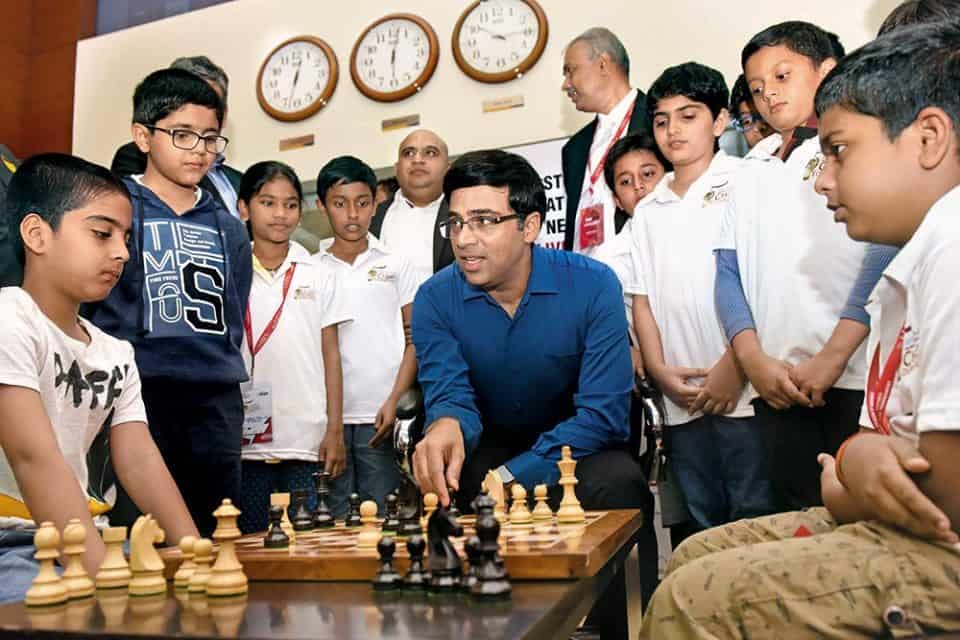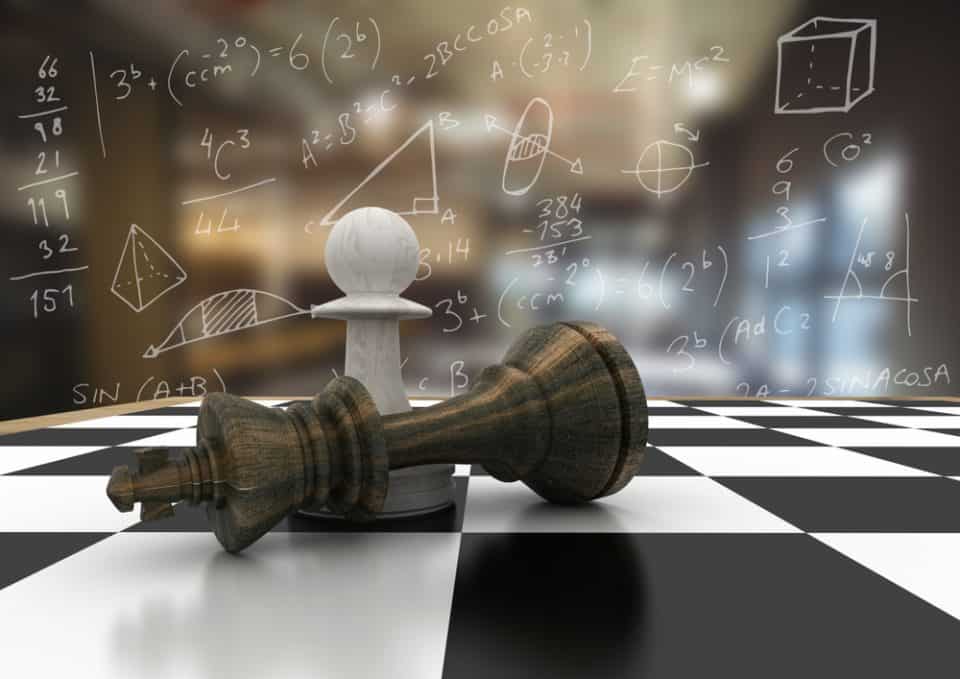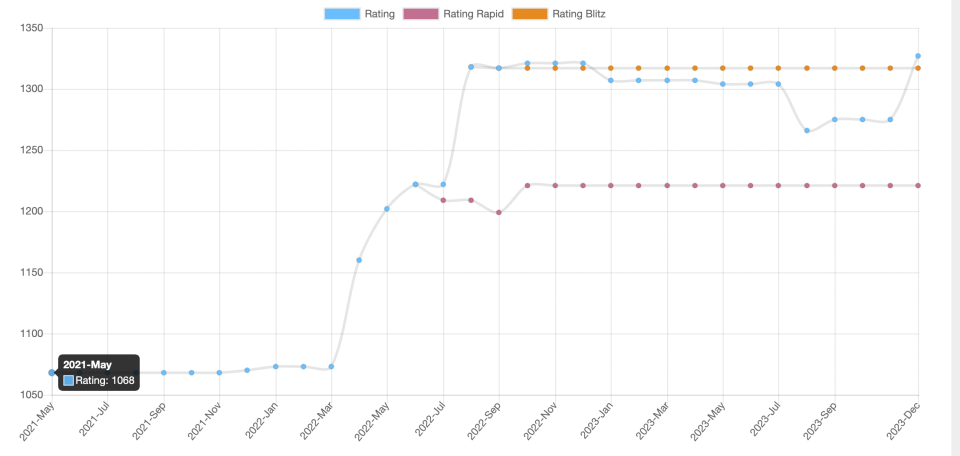Have you ever wondered if chess players are allowed to chat with each other during matches?
You’ve probably seen photos of chess grandmasters hunched over boards, staring intensely at the pieces with furrowed brows, utterly silent.
That level of concentration and the reverent hush of onlookers certainly give the impression that chess is a game meant to be played without speaking.
But is there actually a hard and fast rule forbidding conversation?
As it turns out, while excessive talking during play is discouraged in chess, players are not outright banned from speaking.
Reasons Why Players Might Need to Talk
As a chess player, there are a few reasons why you may need to talk during a game:
Clarifying the Position
Sometimes the position on the board can get complicated, with many pieces clustered together. It’s easy to lose track of which piece can move where. Rather than making an illegal move by accident, speak up! Politely ask your opponent to clarify which pieces are theirs so you have an accurate sense of the position.
Offering a Draw
If the game reaches a point where neither player has a clear advantage and the outcome seems destined to end in a draw, you may offer a draw to your opponent to save time. This is a normal part of chess etiquette and allows you both to move on to a new game.
Asking for Help
Don’t be afraid to ask a tournament director for help if there’s an issue with the clock, an illegal move was made, or you need clarification on the rules. They are there to ensure fair play and a smooth event for all.
Rules Around Communication During Chess Games
When playing chess, communication between players is governed by strict rules.
As a general rule, any talking during the game should be kept to a minimum.
According to the FIDE Laws of Chess, rule 11.5, it is forbidden to distract or annoy the opponent in any manner whatsoever. This includes unreasonable claims, unreasonable offers of a draw, or the introduction of a source of noise into the playing area.
Excessive talking or disturbance is considered poor sportsmanship and may warrant penalties.
In summary, players are allowed to talk during a chess game, but only when it is relevant to the game and does not distract or annoy the opponent.
We trust you got your answers here. Have questions? Let us know in this comments section.







join the conversation